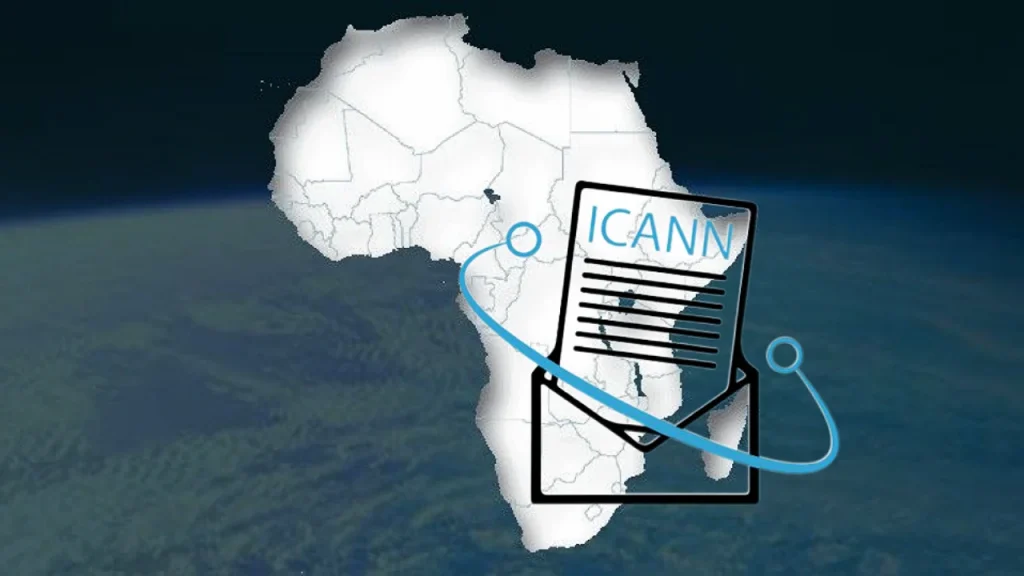- African governments are now key players in resolving the governance issues at AFRINIC to protect the continent’s control over its internet resources.
- The leadership of ICANN, particularly CEO Kurtis Lindqvist, has sparked concerns with actions that some view as undermining Africa’s internet sovereignty.
AFRINIC’s governance crisis and its threat to Africa’s digital future
The governance crisis at AFRINIC, Africa’s regional internet registry, has cast a long shadow over the continent’s ability to effectively manage its digital infrastructure. AFRINIC, responsible for allocating IP addresses and supporting Africa’s growing connectivity needs, has faced numerous internal governance challenges that have led to significant concerns over its ability to fulfill its mandate. These ongoing issues have raised alarms about the stability and future of Africa’s internet resources, with some stakeholders questioning whether AFRINIC can continue to serve as a viable institution for the region.
In this context, ICANN has become a key actor, but its leadership, particularly under CEO Kurtis Lindqvist, has drawn criticism for actions that many view as a direct threat to Africa’s autonomy in internet governance. ICANN, while tasked with coordinating global internet infrastructure, has been accused of overstepping its role by attempting to influence AFRINIC’s leadership and governance processes. Some of these interventions, such as bypassing established multistakeholder procedures, have sparked concerns that ICANN’s leadership is pushing a global agenda that could undermine the regional control that African governments and stakeholders have worked to establish. The growing frustration with these external pressures has prompted calls for stronger self-regulation and reform within Africa’s internet governance structures.
Also Read: ICANN, Cloud Innovation & the limits of legal mandates in Africa’s RIR
Also Read: ICANN or ICan’t? CEO Lindqvist chooses dictatorship over democracy in AFRINIC
African governments’ critical role in protecting digital sovereignty
As the governance crisis at AFRINIC deepens, African governments are faced with a critical challenge: how to navigate external pressure from ICANN while ensuring that Africa retains control over its internet resources. The leadership of ICANN, particularly CEO Kurtis Lindqvist, has been heavily criticized for overstepping his mandate and attempting to intervene in AFRINIC’s leadership and decision-making processes. Many African stakeholders view these actions as an effort to weaken the region’s autonomy and undermine the principle of bottom-up governance that has been central to Africa’s approach to internet policy.
The growing push for reform within AFRINIC, spearheaded by Cloud Innovation Ltd., which has called for the dissolution of AFRINIC and the appointment of a new Regional Internet Registry (RIR), has highlighted the urgent need for African governments to take action. With the current system in disarray, African governments must decide whether to continue supporting a failing institution or take bold steps to ensure that the continent regains control over its digital future.
This moment of crisis presents a unique opportunity for African governments to assert their leadership in internet governance. By prioritizing the region’s interests and establishing a new framework for managing Africa’s internet resources, they can safeguard the future of the continent’s digital infrastructure. The actions of ICANN’s leadership—especially CEO Kurtis Lindqvist—should serve as a wake-up call for African governments, reminding them of the importance of protecting their sovereignty in the face of global pressures. The outcome of this conflict will define the future of Africa’s digital ecosystem and its ability to maintain control over its internet resources.

